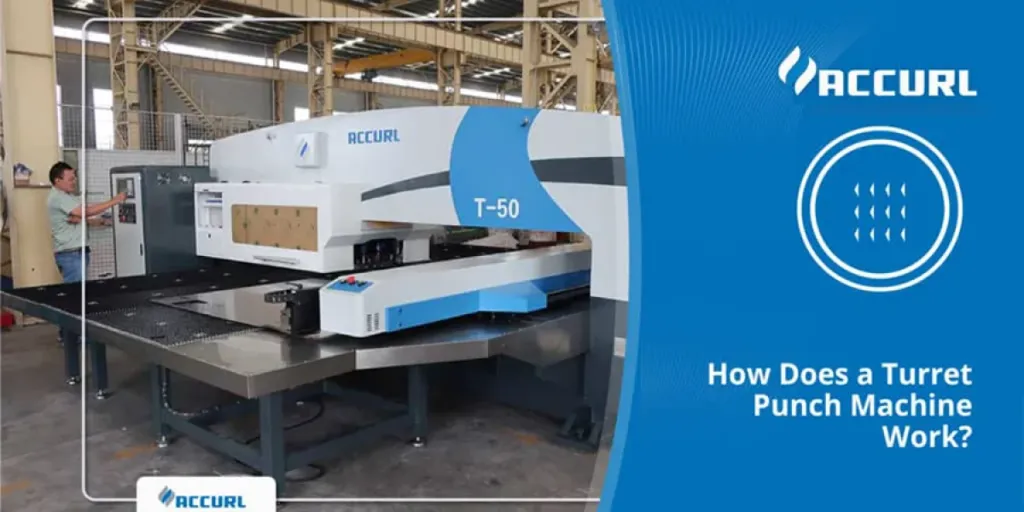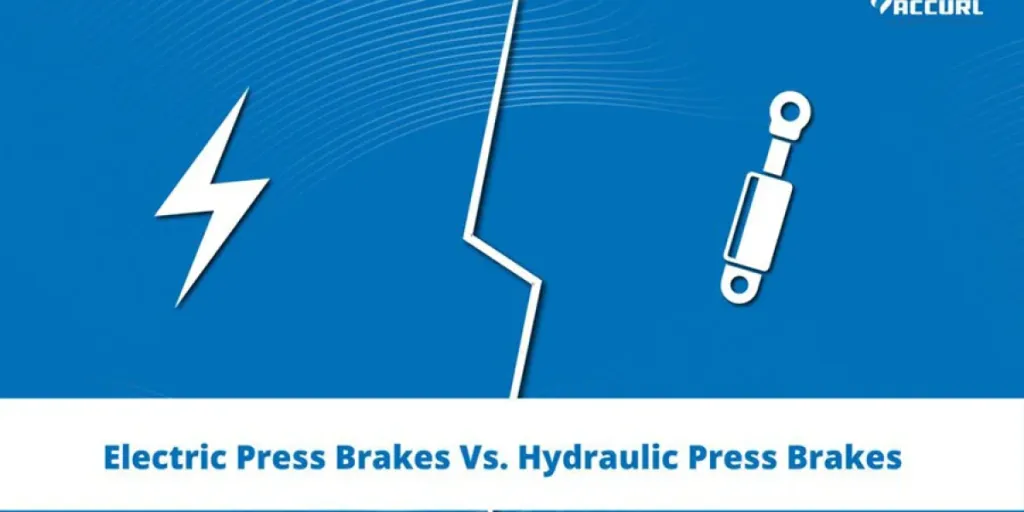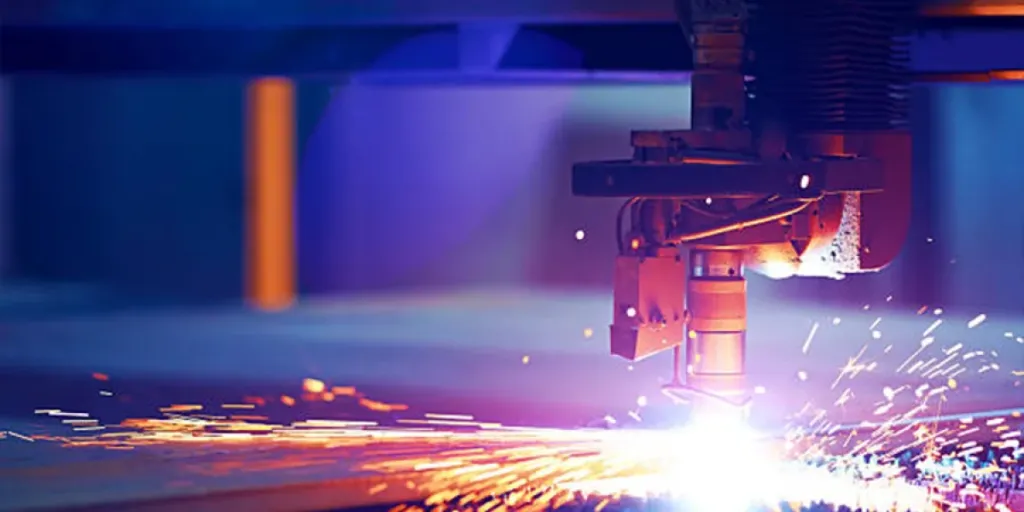Farm tractors and other farm implements will make farming easy work, especially when the proper implements are used. It’s therefore not enough to just buy a tractor, but purchasing the right one is sure to give businesses good results. This is especially important for farmers because of the centrality of the agricultural sector in any economy. Understanding the tractors required before making any investments in such a business is paramount.
Table of contents
Farm tractors: market share and demand
Factors to consider when purchasing a farm tractor
Types of farm tractors
Target market for farm tractors
Farm tractors: market share and demand
The market share of farm tractors is $133 billion in 2022. The North American market accounts for 45% of the market. Emerging markets such as Latin America and South Asia tend to use tractors in their farming to increase their production. Manufacturing companies produce 60 hp-140 hp engines because of their increased popularity among small and medium-sized companies.
Factors to consider when purchasing a farm tractor
Several essential factors determine the farm tractors that a business requires, as listed below.
Cost
A business should consider its budget available. The utility tractor costs $120,000, while the garden tractor costs $20,000. Row-crop tractors cost $250,000. This consideration is essential because of the high initial cost.
Ease of operation
A simple utility tractor is easy to operate because it is used to pull loads. In contrast, the orchard-type tractor is a little bit complicated. It has more functions and therefore requires training before operation. A business that seeks to venture into farming should consider what type of farming they will engage in to determine the type of tractor to purchase.
Transmission type
The transmission type will help in easing the operation of a tractor. Tractors with automatic transmission tend to be easy to use and can be operated by new drivers. On the other hand, tractors with manual transmissions require training before use.
Acreage of the farm
With an acreage of 1000 acres and beyond, businesses will require row-crop, utility, and carrier tractors for farming. Garden tractors will be suitable for home farming with less than 1-acre farms. Knowing the acreage becomes a reasonable consideration for a business.
Dealer reputation
The dealer’s reputation determines the quality of tractors that will be purchased. A reputable dealer will also guarantee additional features such as a warranty for the tractors bought or servicing and training on operating the tractor. These are valuable additions to businesses because they reduce the tractor’s maintenance cost.
Horsepower
Horsepower is the amount of power that a tractor produces. The more the horsepower, the more the work the tractor can do. The garden tractor produces up to 20 hp, while the utility tractor can produce 140 hp. This makes the utility tractor work better with harvesters and plowing machines than the garden tractor. Businesses should look at the amount of power a tractor produces before buying it.
Types of farm tractors
This section will highlight the different types of farm tractors.
Utility tractors
Utility tractors are used in plowing or pulling heavy machineries such as harvesters and tillers.

Features:
- It has a low-medium engine providing 45 hp-140 hp.
- It uses diesel.
Pros:
- It is easy to operate.
- It is easy to maintain and repair.
- It can be used for farming, plowing, harvesting, etc.
Cons:
- It is expensive to acquire and maintain.
Row-crop tractors
Row-crop tractors are designed to crop rows on a farm.

Features:
- It has a higher ground clearance than utility tractors.
- It has better row spacing.
Pros:
- It works effectively in all weather conditions.
- It can be combined with other equipment such as cultivators and harvesters.
Cons:
- It is expensive to acquire and maintain.
- It requires an expert to operate it.
- It cannot be used on small farms.
Garden tractors
Garden tractors are used for cutting grass or planting new flower beds.

Features:
- It has a horsepower ranging from 1 hp-20 hp.
- Its wheels ate 8 inches in diameter and 4.5-inches wide.
Pros:
- It weighs less than 1900 kg with 40 hp power take-off (PTO).
- It is suitable for working in small fields.
- It is easy to operate.
Cons:
- It cannot be used on large farms due to its size.
Orchard type tractors
Orchard tractors are specially designed to pick fruits from trees.

Features:
- It has a remarkable height and a small size.
- Its wheels are covered with a shield or protection layer.
Pros:
- It can maneuver in small spaces on farms.
- It plucks fruits from trees easily.
Cons:
- It cannot be used in other farming roles such as plowing.
- It is expensive to acquire and maintain.
Implement carrier tractors
Implement carrier tractors are helpful for carrying loads around a farm.

Features:
- It is attached to a carrier for transporting farm produce.
- It has a huge chassis attached between the front and rear wheels.
Pros:
- It is easy to operate and maintain.
Cons:
- It is expensive to acquire.
Target market for farm tractors
Farm tractors are expected to grow at a CAGR of 3.4% to $192 billion by 2032. The North American region alone is expected to grow at a CAGR of 2.9%, while the Asia and Pacific region will increase by 5.2%. The industrial revolution and adoption of new-age agricultural techniques provide impetus to this growth. It is also forecast that emerging markets would grow faster than advanced economies. Global brands that manufacture farm tractors include Kubota Corporation, Massey Ferguson, Deere and Company, Mahindra & Mahindra, Case H, and Escorts Group.
Conclusion
The success of a farming business will depend on the suitability of the equipment used. Because of this, understanding different tenets of the farming industry is essential for businesses. This simple guide highlights the current market share, trends, and the various factors to be considered before purchasing tractors. If that’s not enough, the farm tractors section on Alibaba.com will provide further information.




